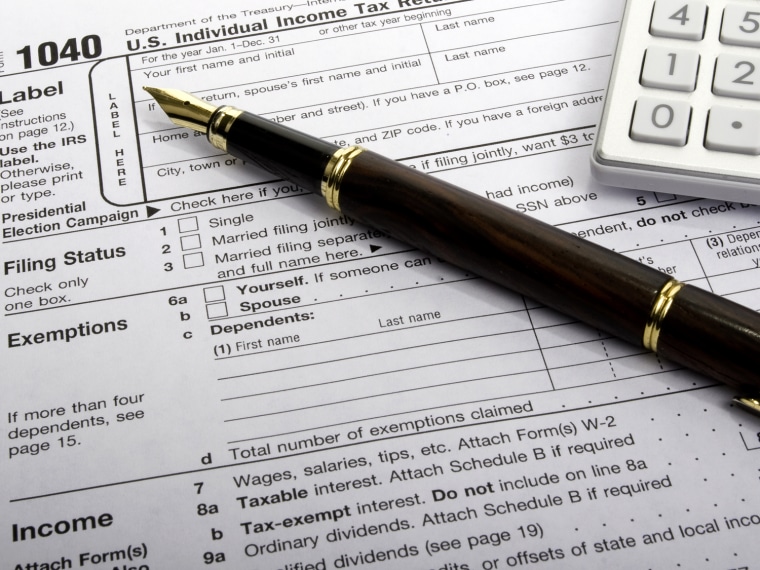House Speaker Paul Ryan (R-Wis.) was asked recently about Donald Trump's claims that he won't personally benefit from the Republican tax plan. If the president insists on keeping his tax returns secret, CBS's Gayle King asked, how can we know whether he's correct?
"I don't know the answer to your question," the Speaker replied, explaining that he doesn't know anything about how Trump's finances are structured.
Of course, that's kind of the point. None of us have any details about the president's recent finances. That's because Trump is the only modern president to hide his tax returns from the public. (Congress could compel the release of the documents, but Ryan has blocked such efforts.)
The controversy doesn't come up every day -- media outlets can only run the "Still No Tax Returns" headline so many times -- but on occasion, Trump's refusal to disclose these materials becomes relevant anew.
Take today, for example. Treasury Secretary Steve Mnuchin claimed this morning that the president will have to pay more under the Republican plan. He's almost certainly lying, but if the administration is going to make a claim like that, it has a responsibility to offer some evidence to substantiate it. As it stands. Mnuchin is effectively saying, "The president will pay more, and you should just take my word for it."
Given Trump World's track record, the idea that they've earned the benefit of the doubt is plainly ridiculous.
Complicating matters, the Washington Post noted that elements of the Republican plan appear to be geared specifically to benefit Trump directly.
Even in a bill that favors the 1 percent in ways big and small, there is one especially favored group — commercial real estate interests. And because Trump just happens to have earned his living that way, we can make some educated guesses about what just might be in his mystery returns — and what breaks he would like to receive in the future.[Seth Hanlon, a senior fellow at the Center for American Progress and former special assistant to the Obama administration's White House National Economic Council] made this case in a tweetstorm that generated a lot of attention. As he put it: "The Republican tax bill looks like it was written by Donald Trump's accountants and tax lawyers, and I'm not even joking."
Bloomberg Politics added that the same GOP plan also includes "a lucrative break for golf-course owners."
No, seriously.
A few weeks ago, Trump sat down with members of the Senate Finance Committee and said they may see his tax returns one day. A Senate aide later said "the remark appeared to be flippant."
But this is an increasingly outrageous thing to be glib about. If top members of the Trump administration are going to push a regressive tax plan, and they're going to emphasize how the plan would affect the president, we're going to need some evidence before accepting these claims as true.
The more the Republican plan looks like it's intended to benefit Trump personally, the more the White House has a responsibility to choose full disclosure over continued secrecy.
